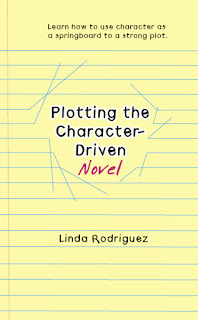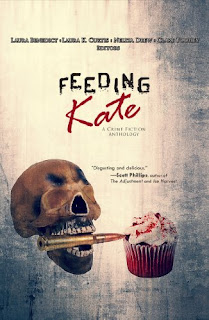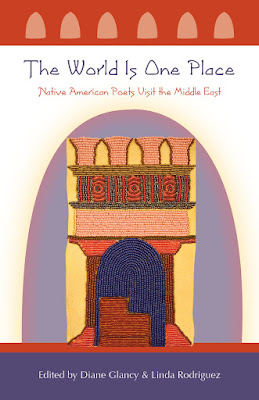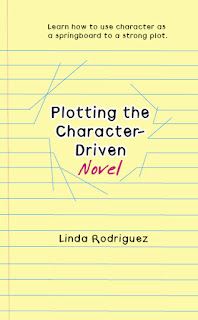Movie or Book? Which Kind of Imagination Do You Have?
My name is Linda, and I am a bookworm. I’m the kid who constantly
heard “Get your nose out of that book!” and “You’re
deaf, dumb, and blind when you’ve got your nose in a book!” I
was the kid who carried extra books to school beyond all the heavy
required texts. I’m the kid who read ahead in the reading books to
get to the end of the story.
Now,
as an adult, I open a good novel at my family’s and my to-do list’s
risk. I will disappear into the world of the book. My kids call it
“Scorpio-ing.” (I’m a Scorpio, and that sign is noted for
its powers of concentration.) My youngest son has been known to jump
up and down in front of his book-immersed mother, flapping his arms,
to demonstrate to visiting friends how weird I am–though he and his
sister inherited that ability to be swept up in an enthralling
novel’s world.
I’m reading a good novel–classic, literary, mystery, science
fiction, fantasy, makes no difference–the author’s world and the
people in it come alive for me, and I am living the book’s story with
them. I am experiencing that world and that story in a visceral way
that is sometimes more real than the way I experience the
quite-wonderful world of my daily life. I suspect I developed this
ability as a survival mechanism in my dire childhood (which made
“Mommie, Dearest” look like a fairy tale). Pouring myself
into the book I was reading and the world it created in my
imagination allowed me escape from some very scary times for a little
kid. Novels kept me sane and allowed me to know there were many other
ways of living in the world beyond the one in which I was currently
caught.
enjoy movies, as well, but I have to say, no movie has ever given me
that same total immersion into a different reality that a book does.I
think that’s because watching movies and television is passive while
reading a book is active, drawing your whole brain into a co-creation
of the world and people of the book. My oldest son can’t do this.
He’s totally a movie person. His brain is wired a different way, very
analytical, a whizz at math and computers where he makes much more
money than all of the rest of us combined. So I know this isn’t a
given for everyone. I think it’s a function of the type of
imagination we are born with.
When
I have had injuries and illnesses involving great pain and
discomfort, reading novels has sometimes been the only way for me to
gain some relief. For the hours I am caught up in the book’s world
and away from the pain troubling my body. I am living elsewhere and
involved with other things. Mysteries and fantasy novels have helped
me get through miserable nights when no medicine that I could take
would do it for me and the equally great pain of grief. The Lord of
the Rings movies are wonderful, and I love them, but they don’t take
me out of myself in the same way as the original books do.
What
about you? When you want to wander in a new story’s world or seek
relief from emotional or physical stress, do you turn to movies or to
books? When you read your books, do you become completely involved in
the story’s world?
Character-Driven Novel is based on her popular workshop. The
World Is One Place: Native American Poets Visit the Middle East,
an anthology she co-edited was recently published. Every Family
Doubt, her fourth mystery featuring Cherokee campus police chief,
Skeet Bannion, will appear in 2017. Her three earlier Skeet
novels—Every Hidden Fear, Every Broken Trust, and
Every Last Secret—and her
books of poetry—Skin Hunger
and Heart’s Migration—have
received critical recognition and awards, such as Malice
Domestic Best First Novel, International Latino Book Award, Latina
Book Club Best Book of 2014, Midwest Voices & Visions, Elvira
Cordero Cisneros Award, Thorpe Menn Award, and Ragdale and Macondo
fellowships. Her short story, “The Good Neighbor,”
published in the anthology, Kansas City Noir, has been
optioned for film.
http://lindarodriguezwrites.blogspot.com















